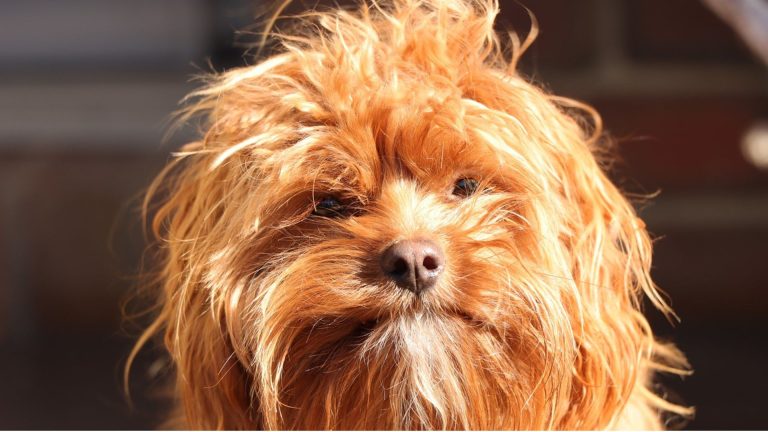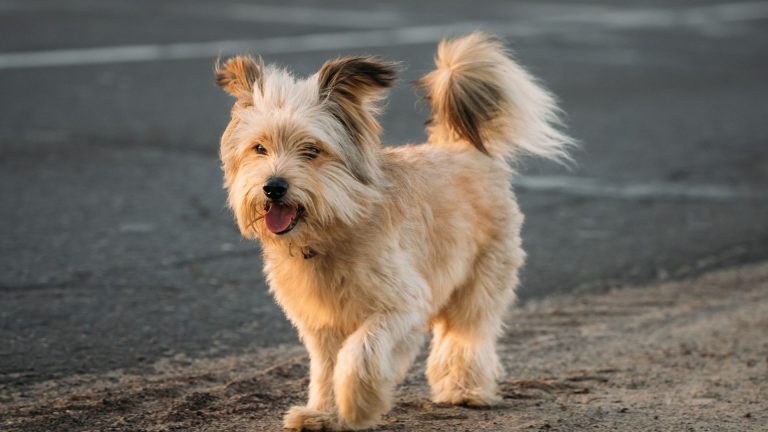
Contents
Choosing the right dog breed is crucial for families with kids. It ensures a harmonious and safe home environment. While dogs offer love and companionship, not all breeds are suitable for children. Key factors include temperament. Breeds prone to aggression or nervousness can pose challenges. Size matters too. Large dogs can inadvertently harm small children. Small dogs may react defensively.
Energy levels are also important. High-energy breeds require ample exercise and mental stimulation. Understanding these criteria helps families avoid the worst dog breeds for kids. It ensures a safer and more enjoyable experience for both the children and the dog.
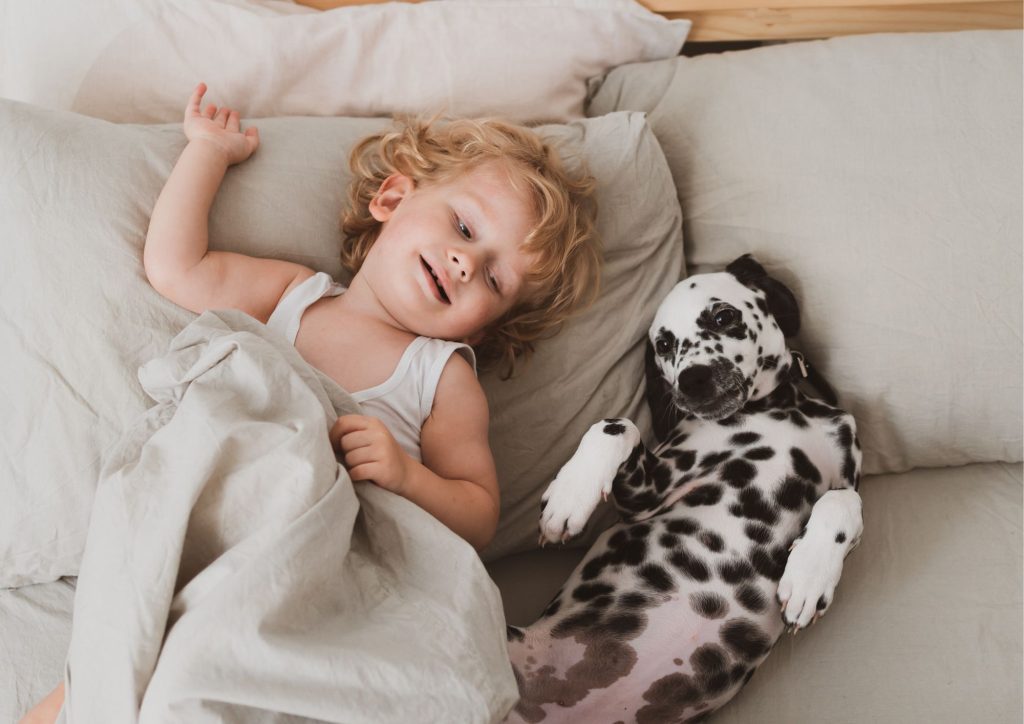
Criteria for Selecting Dog Breeds Unsuitable for Kids
When selecting dog breeds unsuitable for kids, several important criteria must be considered to ensure the safety and well-being of both the children and the dog.
Temperament and Aggression:
A dog’s temperament is a crucial factor in determining its compatibility with kids. Breeds that are prone to aggression, possessiveness, or nervousness can be difficult to manage and may pose safety risks. It’s essential to choose breeds known for their friendly and patient nature around children.
Size and Strength:
The size and physical strength of a dog can significantly impact its interactions with kids. Large and powerful breeds, even if gentle, can inadvertently cause harm through their sheer size and strength. On the other hand, very small breeds can be fragile and may react defensively to rough handling by children.
Energy Levels and Exercise Needs:
High-energy breeds require a lot of physical activity and mental stimulation. Without sufficient exercise, these dogs can become hyperactive, destructive, and challenging to manage. Families with busy schedules or limited space might struggle to meet the exercise needs of such breeds, making them unsuitable for households with young children.
Maintenance and Grooming Requirements:
Some dog breeds have high maintenance and grooming needs, which can be time-consuming and costly. Breeds with long or thick coats may require frequent grooming to prevent matting and skin issues. Families with young kids might find it challenging to keep up with these demands, making low-maintenance breeds a better choice.
By considering these criteria, families can avoid breeds that may present challenges and instead select dogs that will thrive in a household with children.
Chihuahua
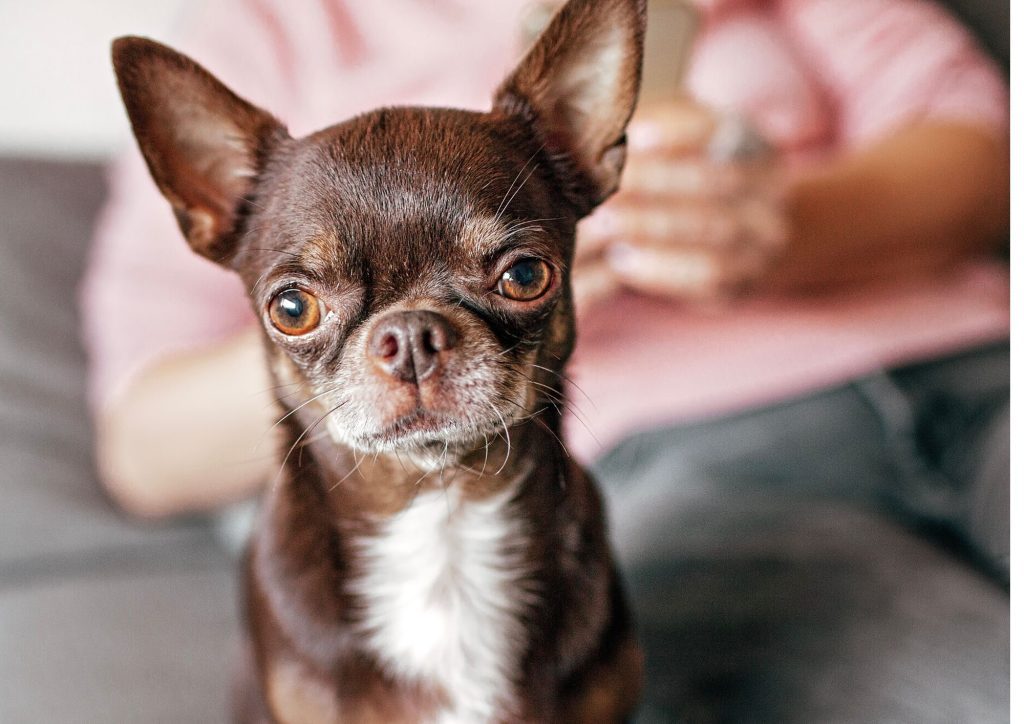
Chihuahuas, despite their small size, can be quite challenging for families with young children. They are prone to aggression if not properly trained and socialized from a young age. Their defensive nature often makes them snappy, especially when they feel threatened or mishandled. Their fragile bodies make them vulnerable to injuries from rough play, which can cause them to react aggressively.
Dalmatian
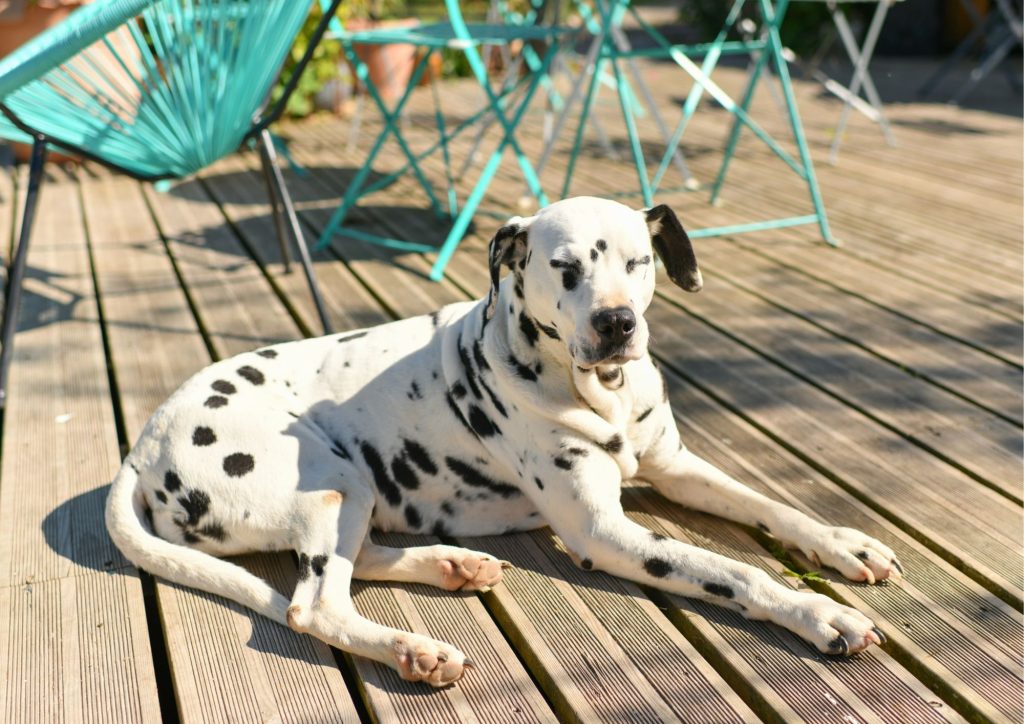
Dalmatians are known for their boundless energy and need for extensive exercise. This breed can be overly boisterous and hard to manage without adequate physical activity. Their high energy levels make them less suitable for households where the children are too young to engage in rigorous play or where the family cannot commit to the breed’s exercise needs.
Alaskan Malamute
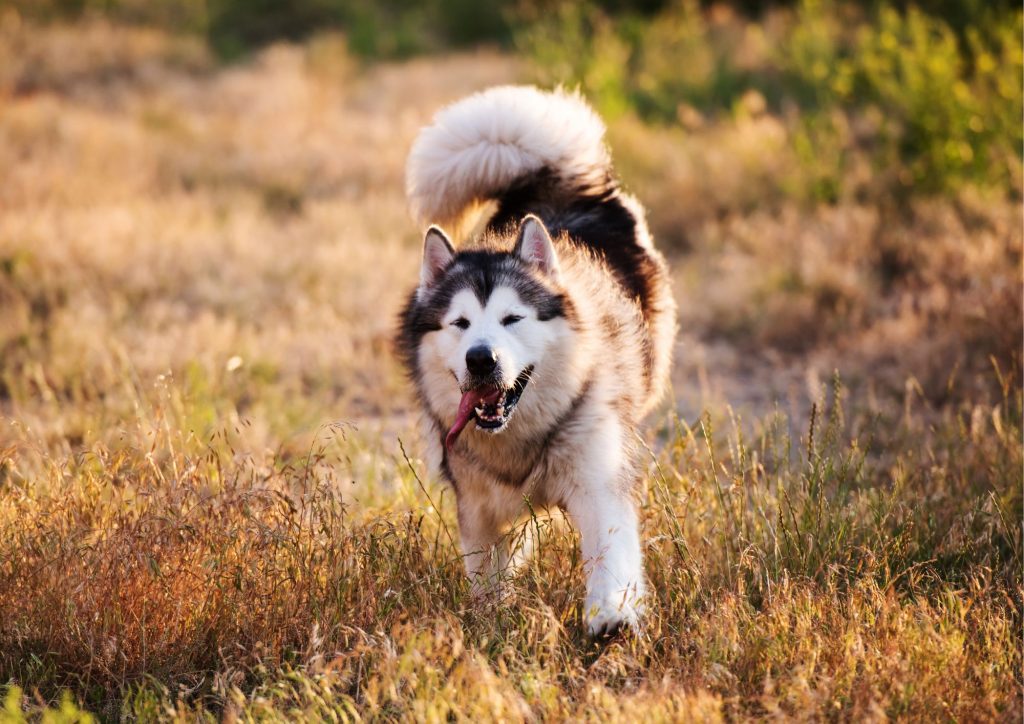
Alaskan Malamutes are independent and strong-willed, characteristics that often require an experienced handler to manage effectively. These large and powerful dogs need firm training and consistent boundaries. Without this, they can be overwhelming for families, particularly those with young children who might struggle to assert authority and control over such a robust breed.
Rottweiler
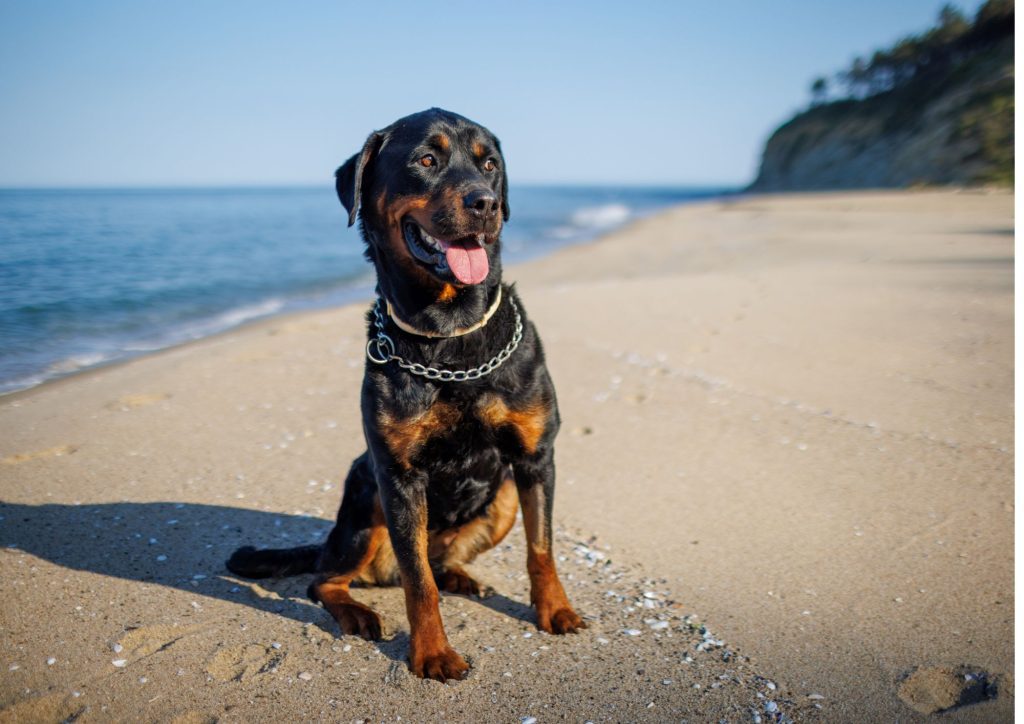
Rottweilers have a strong protective instinct that, while beneficial in certain contexts, can be problematic in a family setting. They require consistent and firm training to ensure they remain well-behaved and predictable. Their large size and muscular build can be intimidating and potentially hazardous around small children, especially if the dog has not been properly trained.
Chow Chow
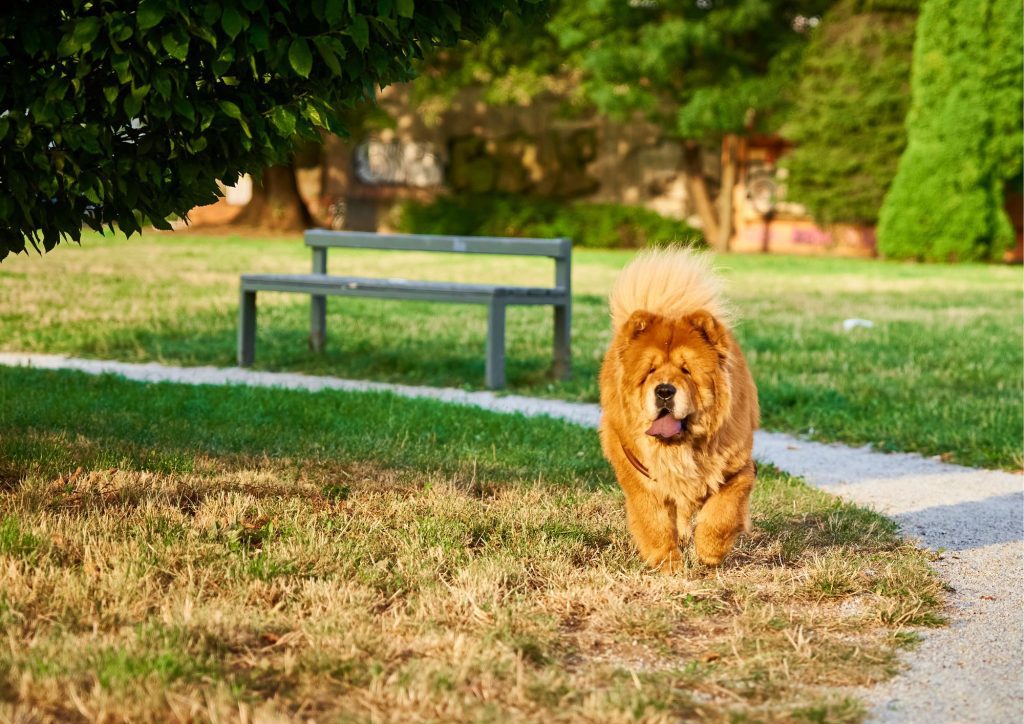
Chow Chows are typically aloof and can be aggressive with strangers, which can make them unpredictable in a household with kids. They require significant grooming, which can be a challenge for busy families. Additionally, their temperament can make them less tolerant of the unpredictable and often rough play behavior of young children.
Pekingese
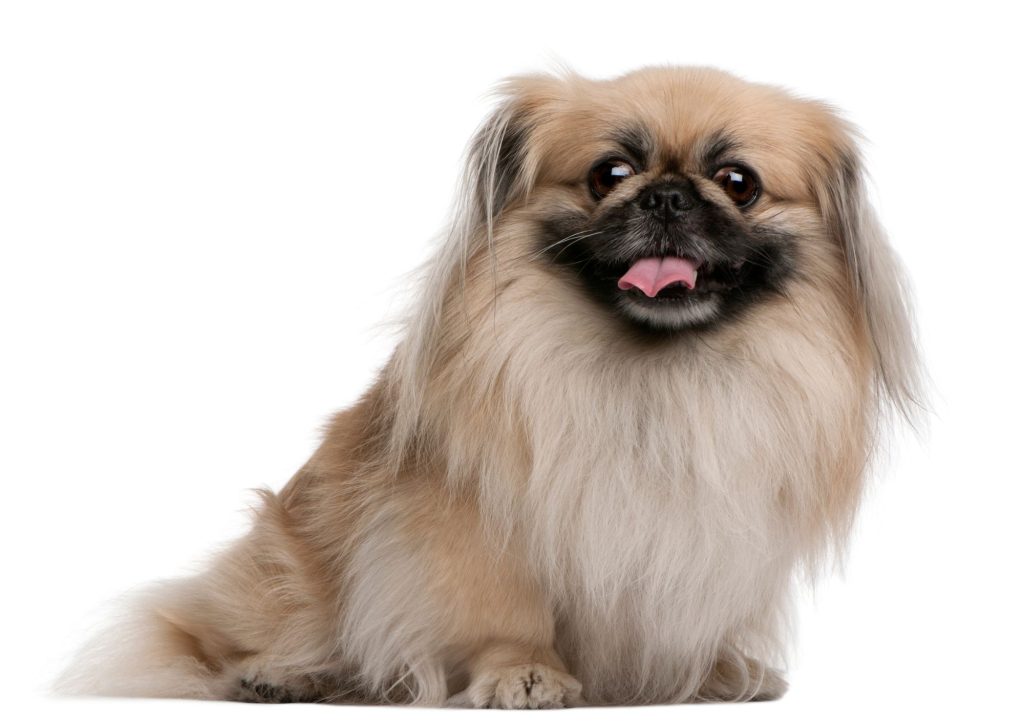
Pekingese dogs, despite their small size, can be stubborn and possessive. They often display defensive behaviors, particularly when handled roughly. Their delicate nature means they can be prone to injuries, which can cause them to react by biting if they feel threatened or mishandled by young children.
Jack Russell Terrier
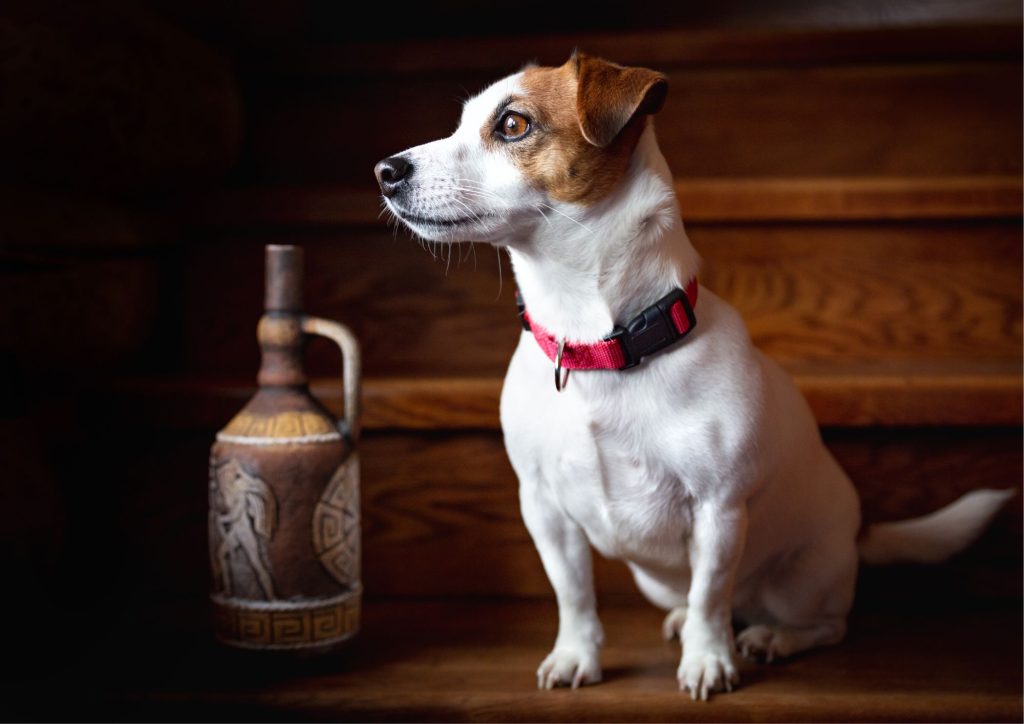
Jack Russell Terriers are extremely high-energy dogs that can be hyperactive, demanding significant attention and exercise. Their small size is deceptive, as they require more time and effort than many families with young children can provide. Their high activity levels can make them a challenge to manage in a busy household.
Weimaraner
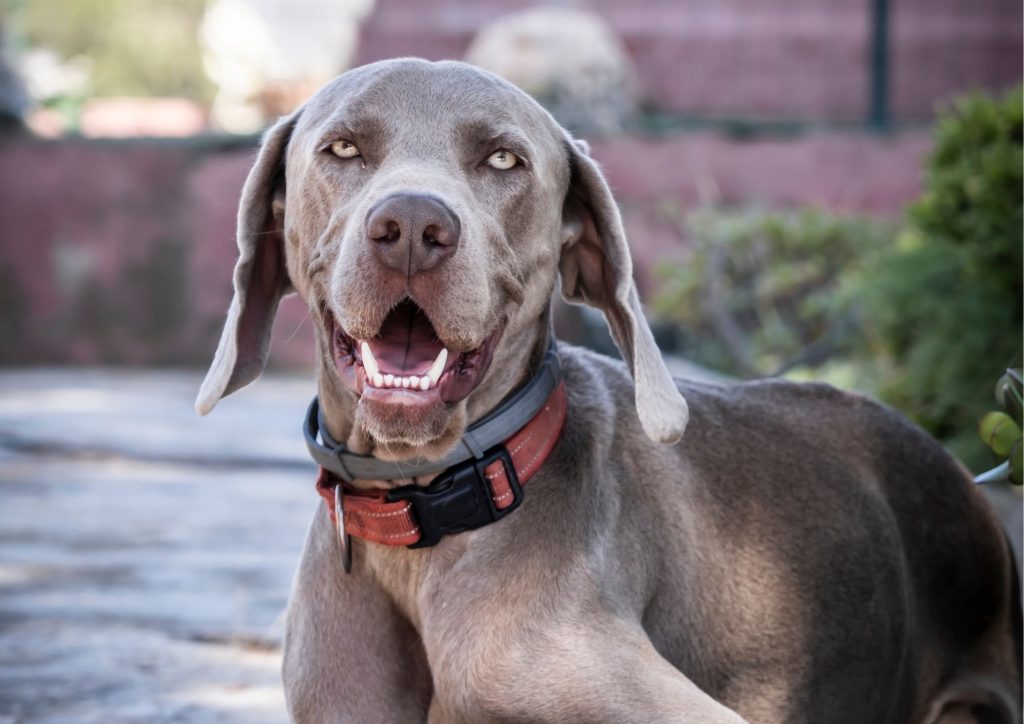
Weimaraners are known for their high energy and need for extensive physical activity. This breed can be quite demanding, requiring more exercise and mental stimulation than most families can provide. Their exuberance can be overwhelming for young kids, making them less suitable for families with small children.
Australian Shepherd
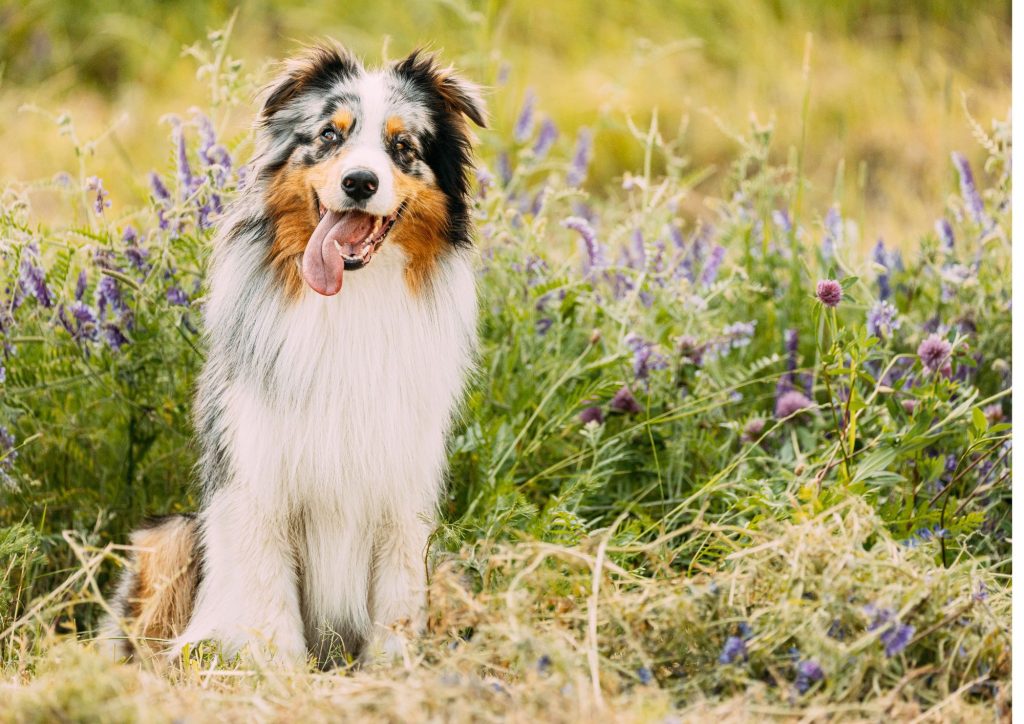
Australian Shepherds are very active and intelligent dogs that need regular mental and physical stimulation to remain happy and well-behaved. Their high energy levels and need for engagement can be too much for families with young children, who might not be able to meet the breed’s demanding exercise requirements.
Siberian Husky
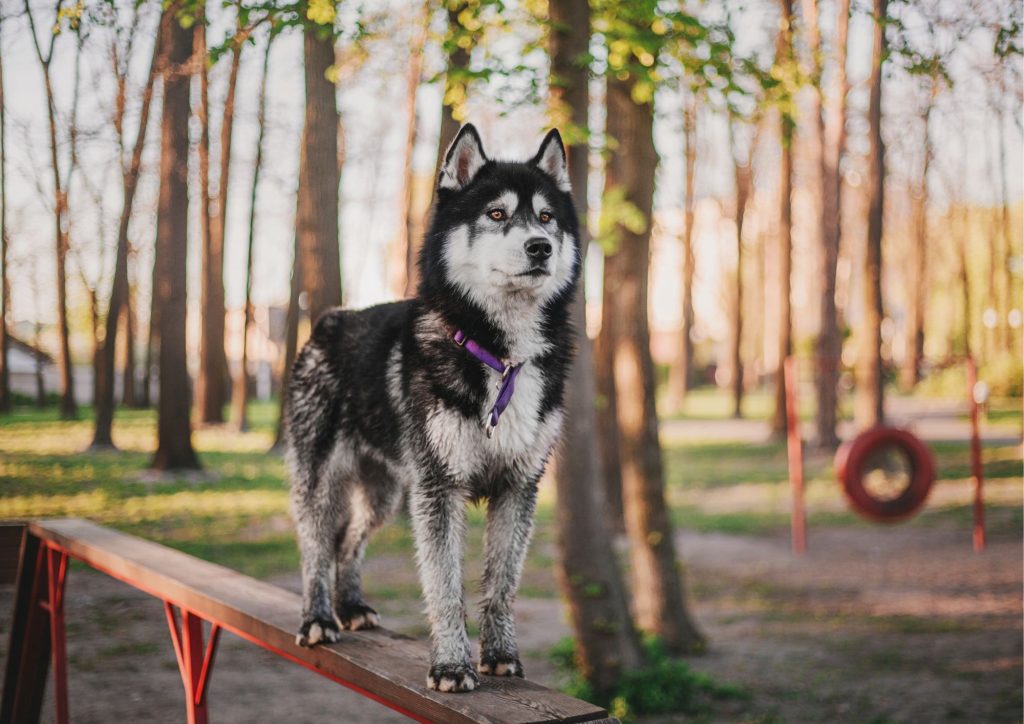
Siberian Huskies are independent and possess a strong prey drive, which can make them less reliable around small children and other pets. These large dogs require extensive exercise and training to manage their high energy levels and ensure they remain well-behaved. Families with young kids might find it challenging to meet the breed’s rigorous exercise needs, making them less suitable for such households.
Considerations for Families
When choosing a dog breed for a family with kids, it is crucial to consider several factors. Training and socialization are essential for all breeds to ensure they are well-behaved and safe around children. Early and consistent training helps prevent aggressive behaviors and fosters positive interactions.
Matching the dog breed to the family’s lifestyle and activity levels is also important. Active families might do well with high-energy breeds, while more laid-back households should consider breeds with lower exercise needs.
Consulting with breeders, veterinarians, or animal behaviorists can provide valuable insights into the suitability of different breeds for your family. These experts can offer personalized advice based on your family’s specific needs and circumstances, helping you make an informed decision.
Alternative Breeds for Families with Kids
When selecting a dog breed for a family with kids, it’s important to choose breeds known for their friendly and gentle nature. Several dog breeds are particularly well-suited for families due to their patience, affectionate temperament, and compatibility with children.
Labrador Retriever:
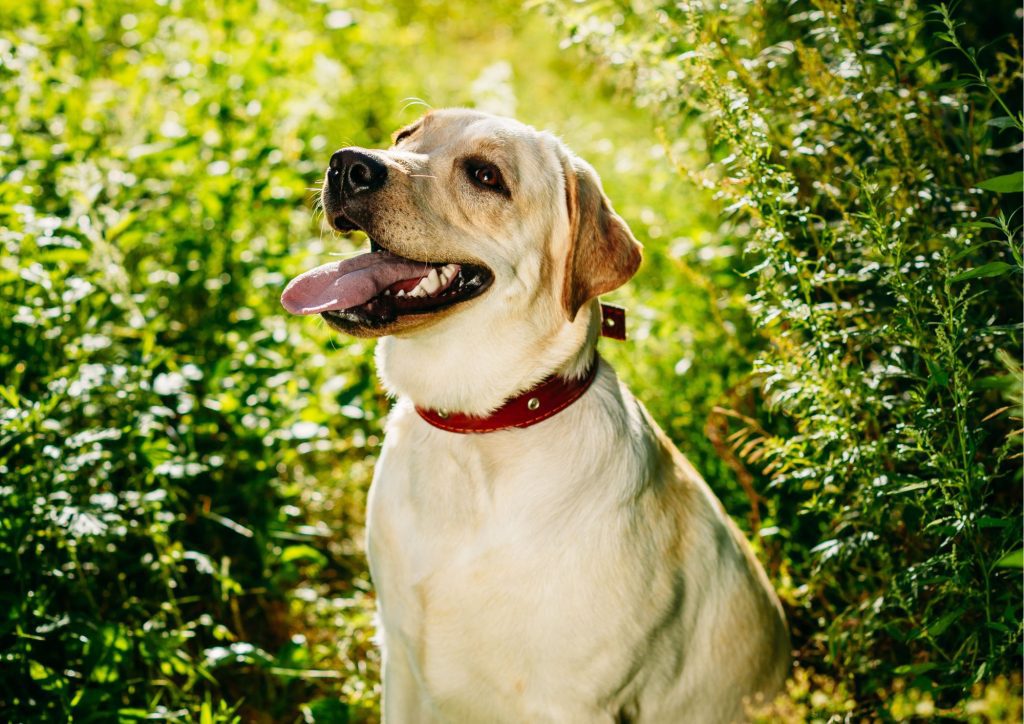
Labradors are famous for their friendly and outgoing nature. They are patient, gentle, and highly trainable, making them an excellent choice for families with young children. Their playful and energetic demeanor ensures they get along well with active kids.
Golden Retriever:

Golden Retrievers are known for their loving and tolerant nature. They are incredibly patient and gentle, making them ideal companions for children. Their friendly disposition and eagerness to please make them easy to train and a joy to have in any family setting.
Beagle:
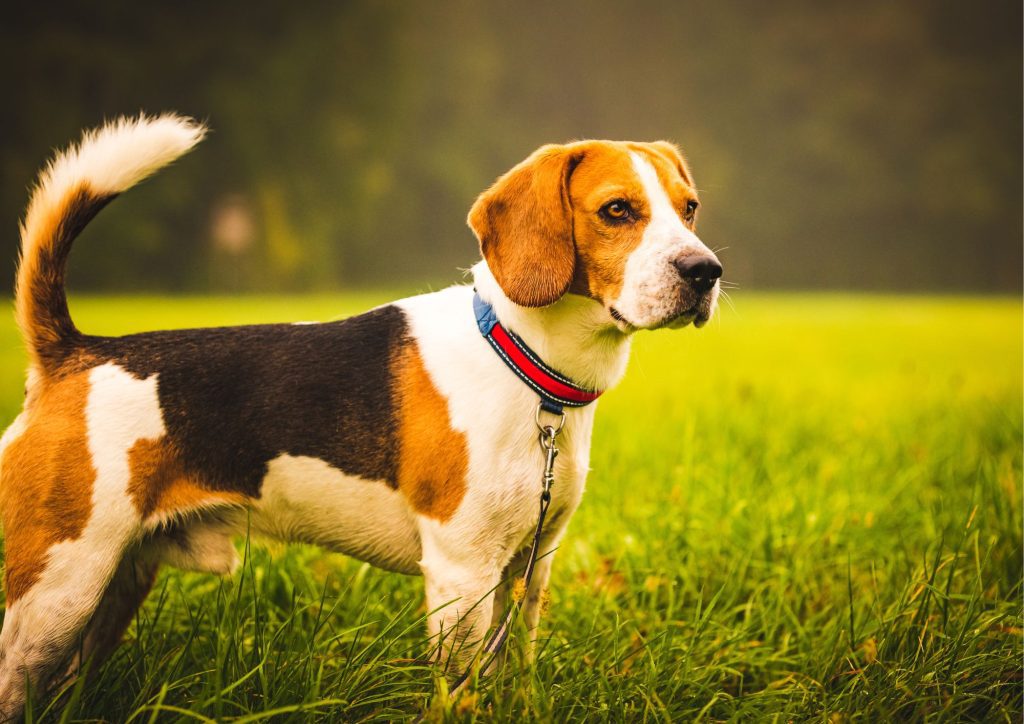
Beagles are small to medium-sized dogs with a cheerful and curious personality. They are known for their gentle and friendly nature, making them great playmates for kids. Beagles are energetic and enjoy outdoor activities, which can be a perfect match for active families.
Choosing one of these breeds can help ensure a positive and enriching experience for both the children and the dog, fostering a loving and safe environment for all.
Conclusion
Choosing the right dog breed is crucial for creating a happy and safe environment for both kids and pets. By understanding the characteristics that make some breeds less suitable for families with young children, you can make an informed decision that benefits everyone in the household. It’s essential to thoroughly research and spend time with a potential breed before making a commitment.
Consulting with experts such as breeders, veterinarians, and animal behaviorists can provide valuable insights tailored to your family’s needs. Ultimately, ensuring that your chosen dog breed fits well with your family’s lifestyle and activity levels will foster a loving and harmonious home for all.
Discover the perfect pet care solutions at PetFleck.com – because your furry friend deserves the best!

Hello, I’m Donna Carter, the founder and writer behind PetFleck.com. My journey with dogs started years ago, and it’s been a passion that has only grown stronger over time. I’ve always been fascinated by the unique behaviors and characteristics of different dog breeds, and this curiosity has led me to dive deep into the world of canine studies.
My love for dogs is the driving force behind everything I do. I’ve dedicated countless hours to researching and understanding the nuances of dog care, training, and breed-specific traits. This dedication helps me create content that is not only informative but also genuinely helpful for fellow dog lovers and owners.
At PetFleck, I combine my extensive knowledge and hands-on experience with my passion for dogs to provide valuable insights and tips. Whether it’s exploring different breeds or offering practical advice on dog care, I aim to share knowledge that makes a real difference in the lives of dogs and their families.
I’m thrilled to share my love for dogs with you through my writing. I hope my articles inspire and inform, helping you to better understand and appreciate the incredible bond we share with our furry friends.
Thank you for visiting PetFleck.com, and I look forward to connecting with you through our shared love of dogs!

